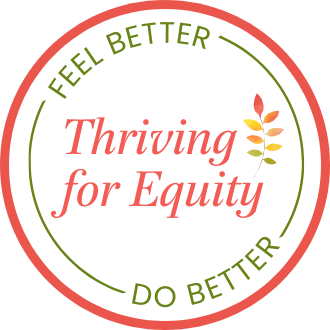I’m ridiculously amazed at how much my son has grown in the past few weeks while I’ve been conducting what I think of as my “compassionate observation experiment.”
My intention during this time was to focus on replacing instruction from me about what he should do and be with compassionate observation of who he is already, where it seems he wants to go, and how it works best for him to get there.
It’s an experiment that builds on the belief that he is already good and wise at the core of his being (even as a teenager!) and therefore, that he knows more about what’s best for him than I do. (For my college-aged readers, I want you to know especially that I believe this about you too.)
Side note: This is the idea that academic and life coaching is based on too and that’s why I love it so much. It opens a whole realm of untapped wisdom that we often overlook.
This belief in the inherent wisdom of individuals contrasts with dominant views about teenagers that emphasize their poor judgement, lack of knowledge and experience, and resulting need for lots of adult instruction and control over their lives.
There’s some truth to this more deficit-based perspective as well, of course. Teens do, in fact, have undeveloped brains with some significant disconnections between the logical, rational part of the brain and the parts that determine their emotions and actions. They often do need adults to “connect the dots.”

